Most parents will use about 3,000 diapers during their baby’s first year of life, and over 140 million babies are born every year around the world. So, one might think that infant diapers would be a fantastic investment.
However, two corporations in Japan have completely stopped making diapers for infants. Not only because so few children are being born, but also because they’ve realized the elderly population is a much better market.
Japan’s Significant Decrease in Births

Japan hit a record low in 2023 with only 758,631 births. The nation has been breaking its own record for the smallest number of births every year for the past eight years. In fact, last year, about half as many babies were born in Japan as 30 years prior in 1983.
With such a significant decrease in the number of new babies, three are two important questions to answer. First, why are there so many fewer infants being born in Japan? And second, what does this mean for the future of the nation?
The Young Japanese Population Isn’t Having Children

One of the main reasons the young Japanese population has decided not to have children is that they want to focus on their careers. Many argue that Japanese corporate culture is not conducive to starting a family, and 20- or 30-somethings simply don’t want to give up their professions to do so.
The second reason is that the cost of living in Japan has risen significantly over the past years. Many citizens worry that they won’t be able to afford to have and care for children as their parents could.
Meanwhile, the Elderly Population of Japan Is Increasing
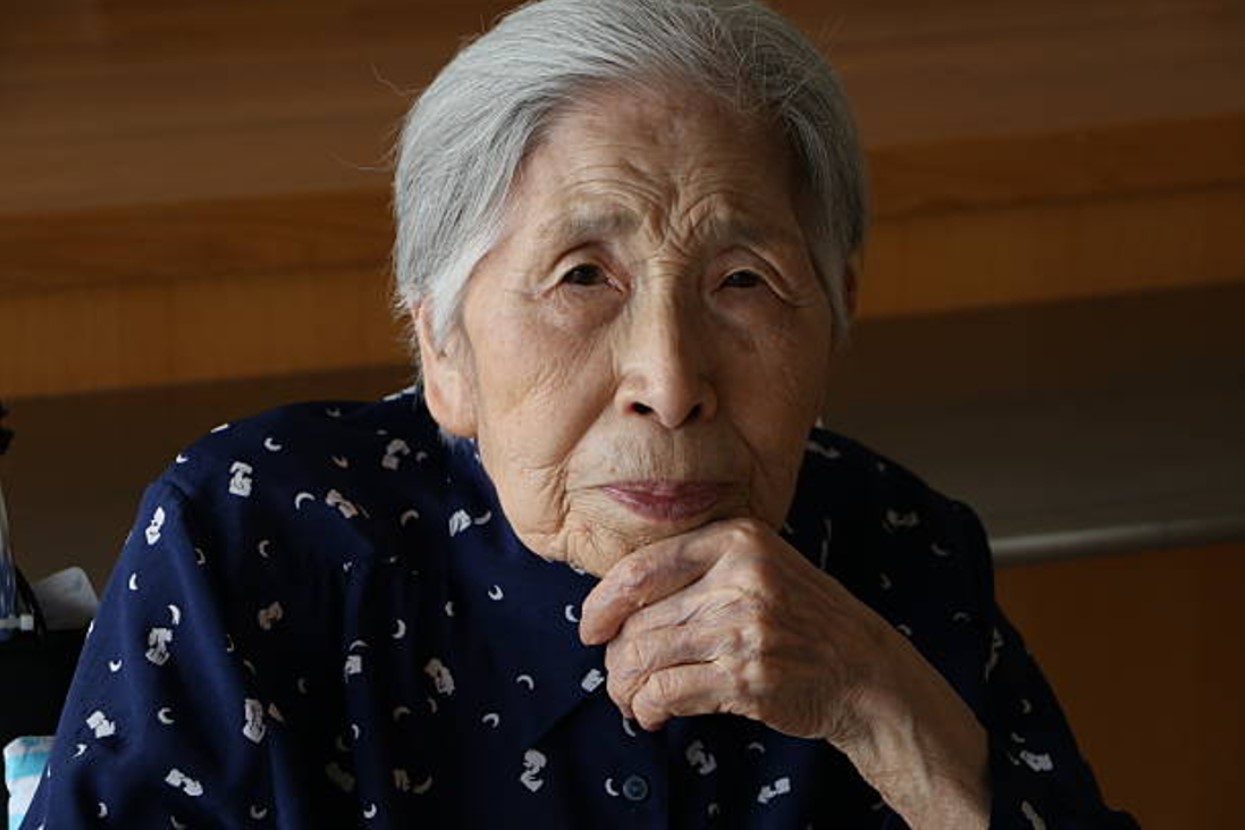
Simultaneously, the number of Japanese residents over the age of 65 has been significantly increasing over the last few years.
As of 2023, one in every ten people in Japan is over the age of 80, and 29.1% of the entire population is over 65. According to the UN, Japan has the world’s oldest population, and coupled with the increasingly low birth rates, this could lead to some serious problems for the country’s economy within the next few years.
Changes Are Already Happening in Japan’s Economy

In fact, changes are already occurring within Japan’s economy due to decreasing birth rates and an increasing elderly population. Two giant corporations have completely stopped making infant diapers.
Japan’s largest diaper producer, Unicharm Crop., stopped manufacturing infant diapers in 2012, and Oji Holdings just announced at the end of March 2024 that it will no longer be producing the necessary product either.
Re-Evaluating the Market
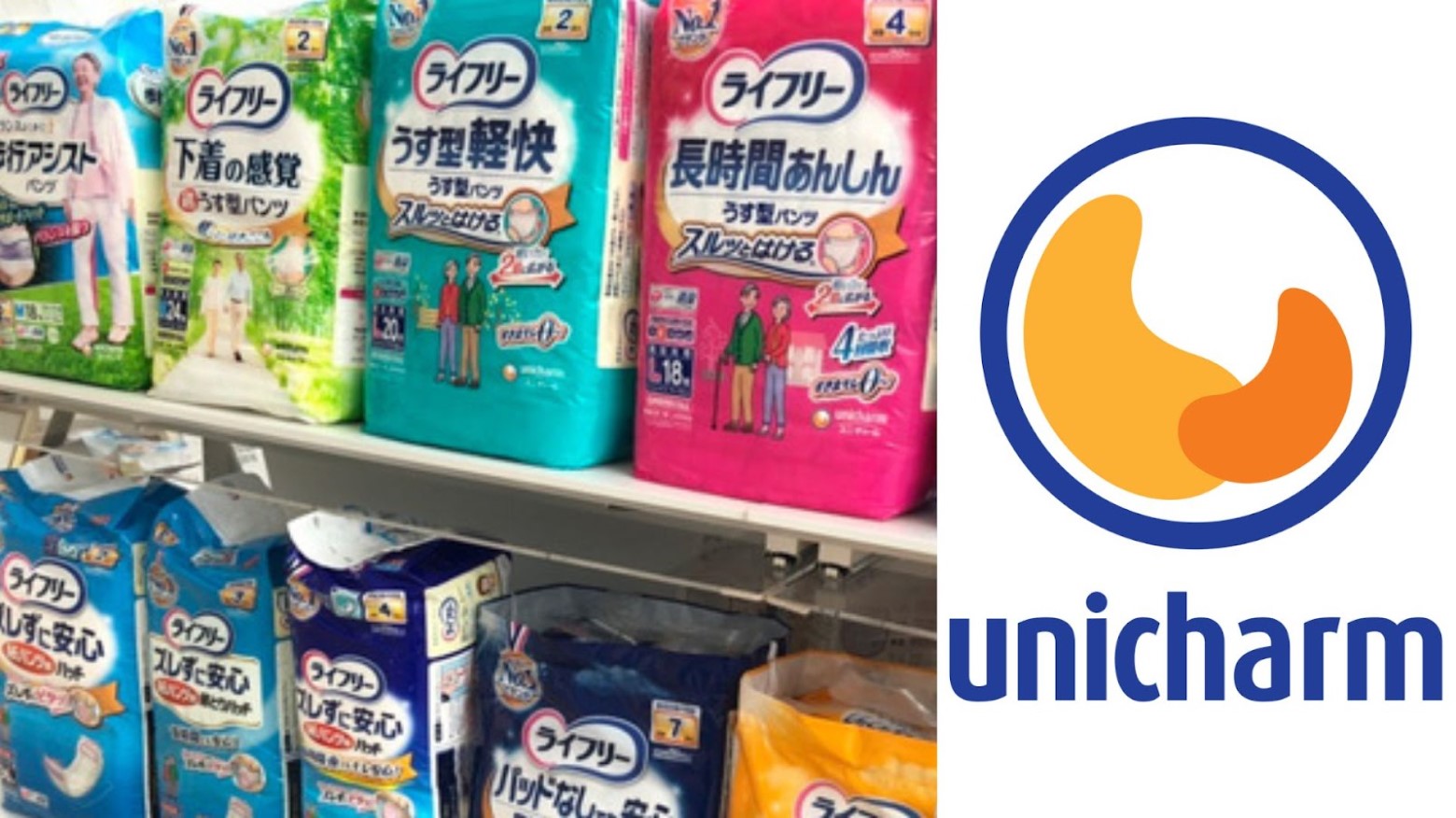
According to a statement released by Oji Holdings, “The Group aims to transform its business portfolio by concentrating investments on businesses with high profitability and growth potential in order to increase corporate value. The current termination of the domestic disposable diaper business for children is based on this strategy.”
But these companies haven’t completely abandoned diapers; they’ve simply stopped making them for infants and started making them for the elderly.
Adult Diaper Sales Are on the Rise
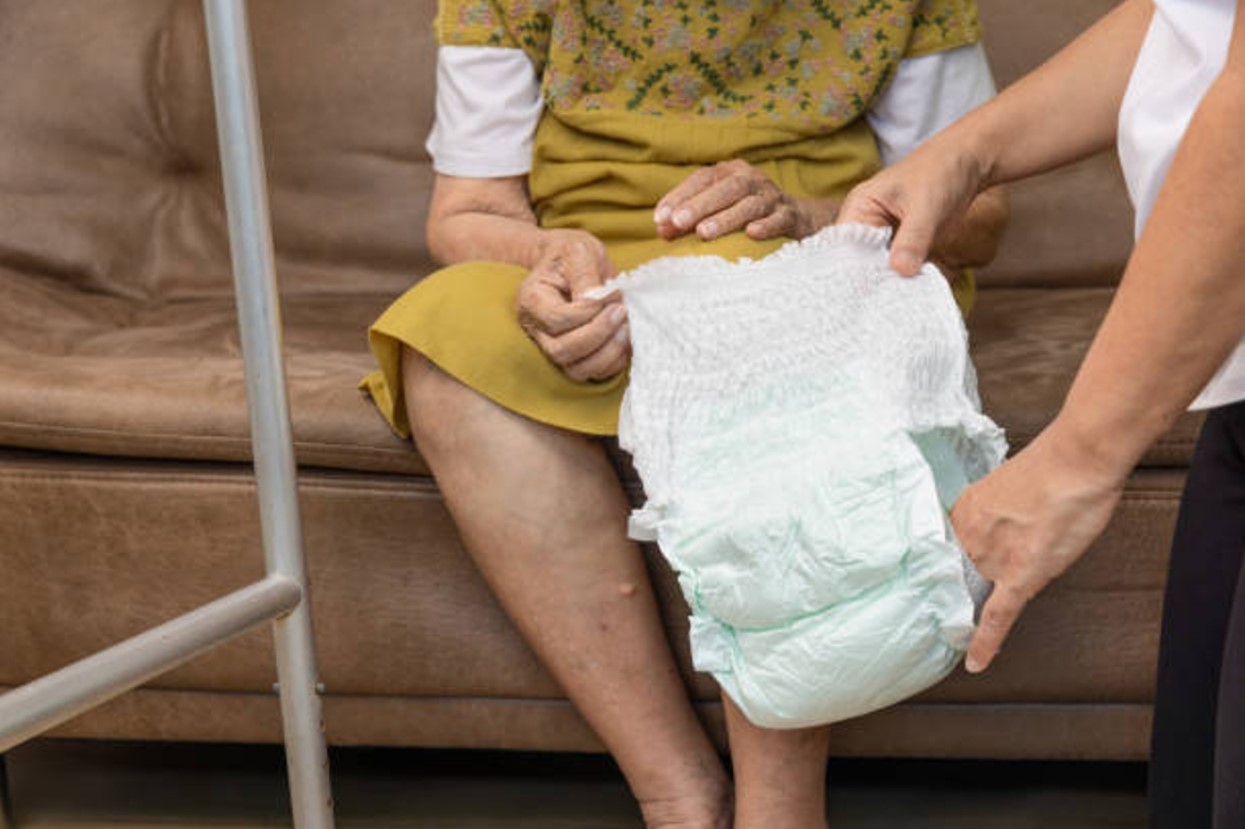
Both companies realized that with 10% of the nation’s population over the age of 80, their factories should focus on adult diapers instead of infant ones.
And this change in product has been wildly successful for both Oji Holdings and Unicharm. But while these corporations are capitalizing on the population disparity, the Japanese economy as a whole is in real trouble.
Japan’s Population Is Dwindling

Japan’s current population is 123.0 million. This may seem like a lot, but data shows that from the end of 2023 to the start of 2024, the nation’s population decreased by 661,000, or 0.5%.
That is a significant decrease in just a few months, and, of course, the reason why is that many within Japan’s elderly population are dying when very few new citizens are being born. At this rate, experts at the World Economic Forum estimate that the entire population will shrink by 25% by 2060.
The Japanese Workforce Is on Its Way Toward Complete Collapse

It’s important to understand that a dwindling population doesn’t just mean fewer Japanese citizens. It actually can and most likely will be extremely detrimental to the country’s economy.
Almost 50% of the Japanese workforce is made up of citizens over the age of 70. That means that labor shortages are right around the corner. As the elderly population passes on, there will be no one to replace them. Already, there are only 100 prospects for every 128 job openings, but Japan expects that number to decrease even more over the next few years.
Care for the Elderly Will Also Become a Problem Over the Next Decade
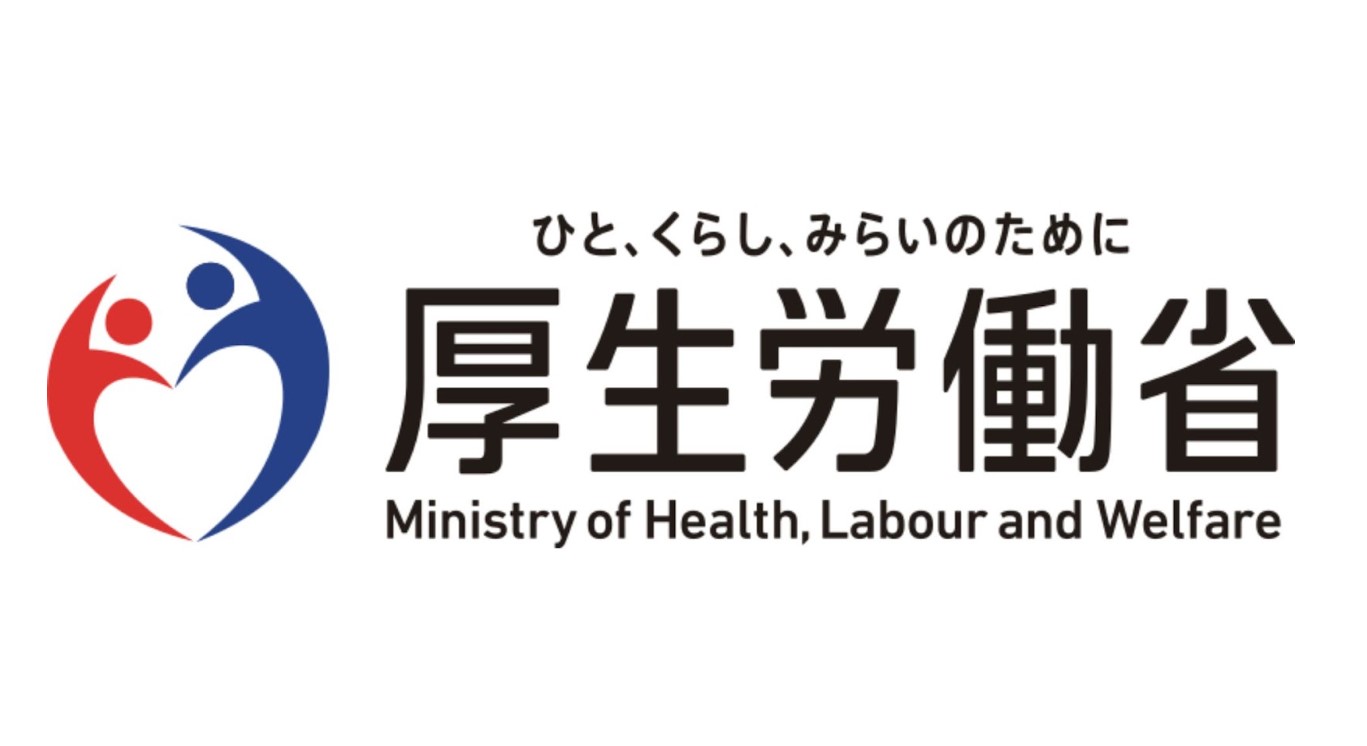
In addition to losing nearly half the workforce over the next decade, Japan’s Ministry of Health, Labor, and Welfare is also growingly concerned as to who will care for the next generation of elderly citizens.
The organization reported that the number of elderly citizens requiring care will increase threefold by 2040, with an estimated 690,000 more senior Japanese residents than there are today. However, with a constantly decreasing population of young people, there will be no one to look after those in need of care.
Prime Minister Is Attempting to Fumio Kishia Increase Japanese Births
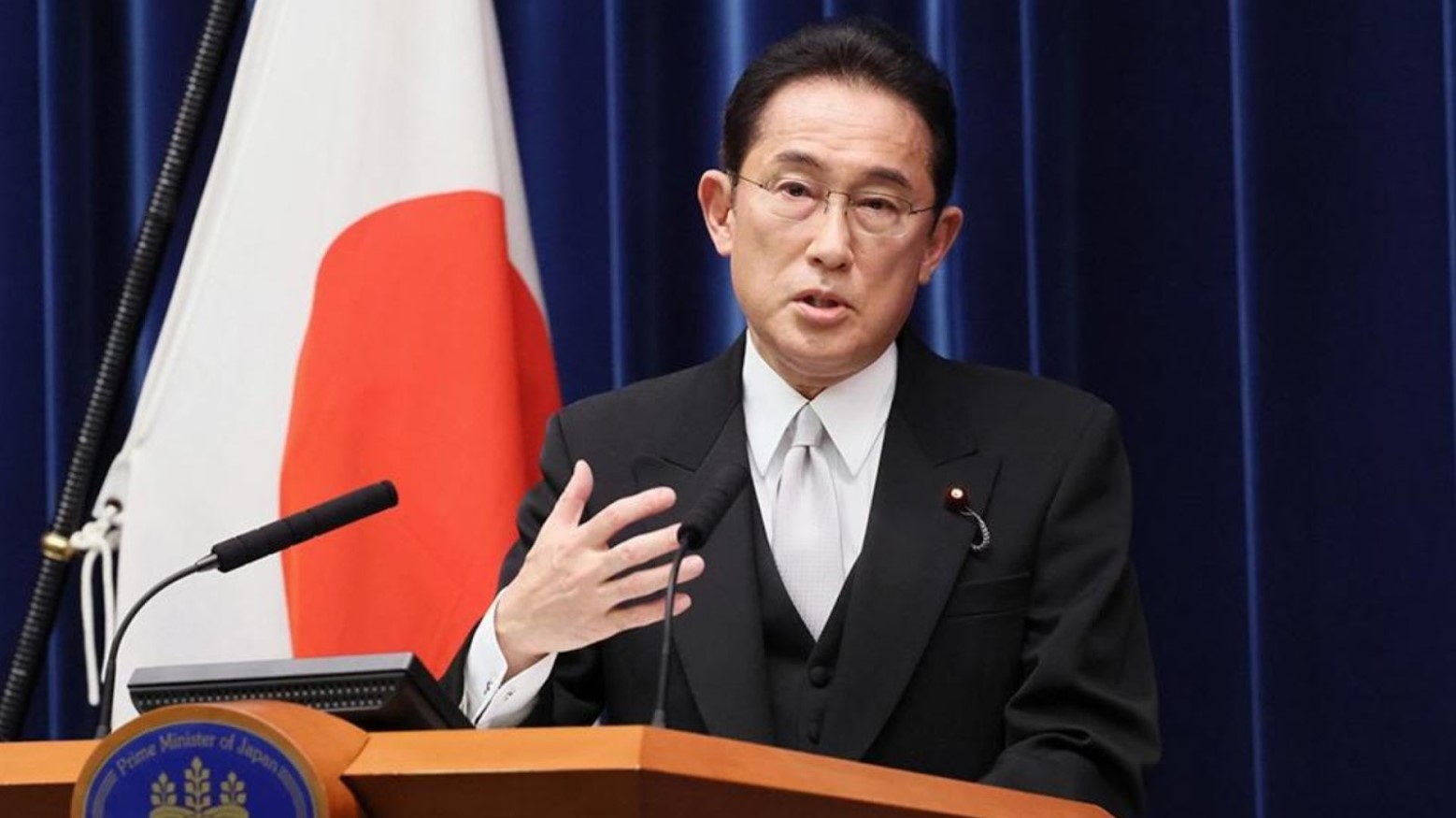
Japan’s Prime Minister Fumio Kishia has not turned a blind eye to this issue. According to the Associated Press, “Prime Minister Fumio Kishida has set tackling the declining births as one of his top policy goals and pledged to introduce further drastic measures.”
Kishida explained at an event in January 2023, “Japan is standing on the verge of whether we can continue to function as a society. Focusing attention on policies regarding children and child-rearing is an issue that cannot wait and cannot be postponed.”
Adult Diaper Companies Are the Only Ones That Will Thrive This Decade

Over a year later, in March 2024, Kishida told the press, “[The] last chance for us to reverse the declining births is before the young population is expected to decline drastically in 2030.”
The Prime Minister is essentially saying that if the population situation in Japan doesn’t change over the next few years, the entire country could face a devastating economic collapse, except, of course, for those companies manufacturing adult diapers. They will likely do quite well.
